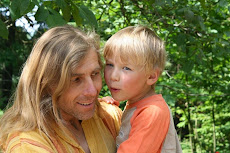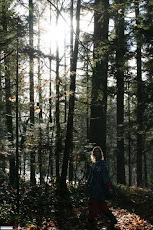We brought our children overseas to open their eyes. So they can see different ways and cultures, face poverty and need, learn tolerance and giving, and celebrate the goodness of life. And so they can see their own lives in perspective, maybe learn to separate “I need” from “I want”, put some weight into the good old “There are children starving in China so eat your food” platitudes.
But in learning about poverty, they also learn about privilege. In 2 weeks my boys have become used to having people scramble to open doors for them. To being able to afford whatever they want in the best restaurants, demand taxis, have people iron their underwear and slice their breakfast fruit into works of art.
Every time they complain of a lump in the mattress or tired legs after 20-minute walk, i wonder which message they are internalizing – the poverty or the privilege. After one of my useless “think about someone else” diatribes, my boy quietly said “You’re good that that dad – making us feel bad.”
Enter my Wise Wonderful Wife to the rescue. Instead of guilt or intellectual exhortations, she whipped up an experiential exercise. Each day one of us is taking the role of loving Caregiver. That person has on extra radar to read the rest of the family’s needs and find creative ways to serve. “I’ll go get the water”, “I’ll take the lumpy bed tonight”, “I’ll hand out the oranges and keep the smallest one for myself.”
In this way we are learning from and emulating our gracious Burmese hosts, who genuinely want to give and take care of us. They don’t do it from a place of servitude or caste, but from a place of love. They do it for each other – our taxi driver hit the brakes in the middle of a bridge to give money to a beggar – and especially for us since we are in much more of a place of need as strangers here.
By taking a step in their sandals, we are learning about Respect. The self-respect the Burmese people display when they give in such a healthy, loving way. And a healthy dose of respect for ourselves in this curious position of dependency we find ourselves in. We don’t speak the language, can’t read a menu or street signs, don’t recognize half the foods, have trouble buying a bus ticket, and can’t tell the difference between a restaurant, tea shop or bar.
So we still easily tell our driver to wait by the car for an hour while we go for ice cream, but it’s not ordering a servant. He’s the professional; we’re the ones who need him because we don’t know how to find places or cross 8 lanes of traffic, and would be terrified to drive these streets.
One day at a time, we integrate these learnings into our daily lives by caring for each other. And happily discover that we’re not so bad at it after all – we were already a family who watch out for each other and try to be good to others. We can hopefully come back from this brief exposure to the Burmese Buddhist culture with a bit more humility and greater awareness of how to lovingly serve others. To still want the softest bed, but maybe sometimes find a different comfort in giving that to another person who wants/needs it just as much or even more.
Write to Renew
-
One of our previous graduates, the talented Jay Nahani, is leading us in a
Write to Renew workshop June 14th. For writers and non-writers alike, this
one-d...







No comments:
Post a Comment